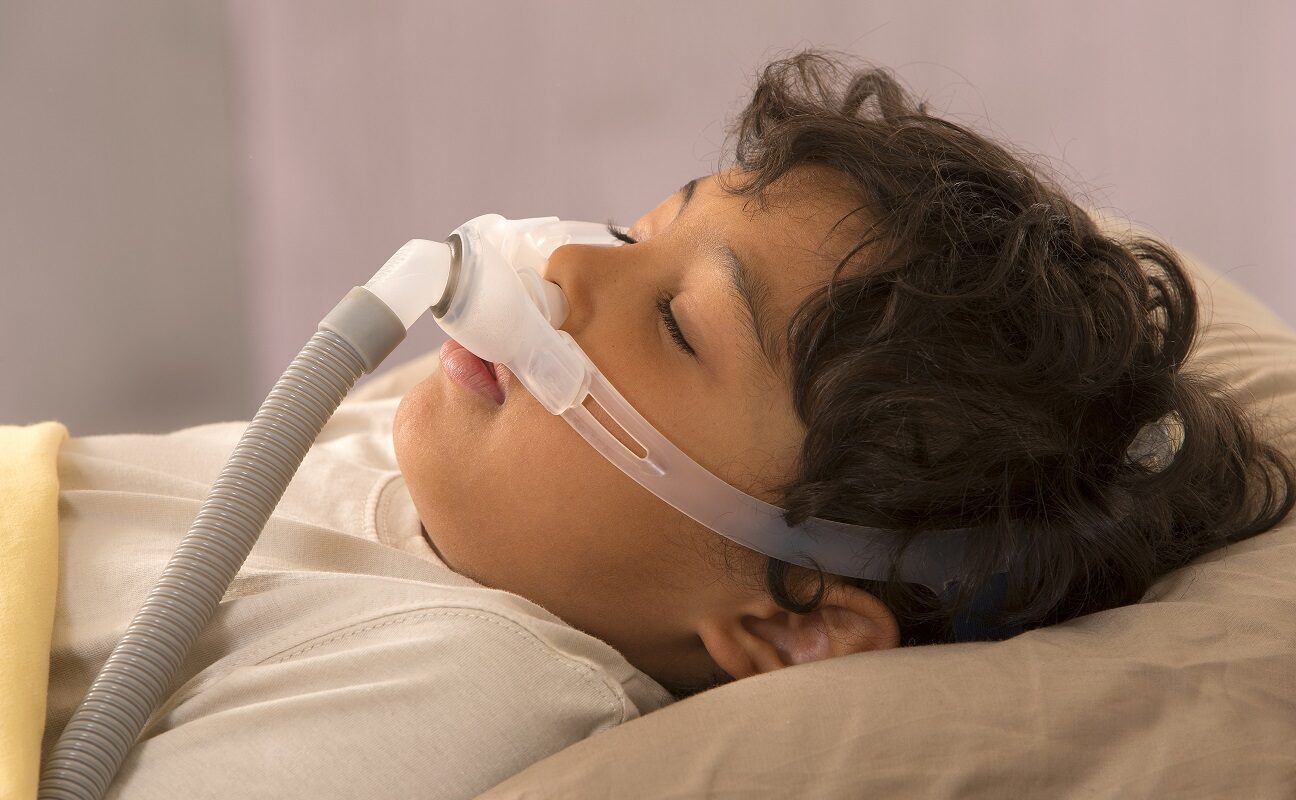A recent randomized control trial conducted by researchers at the Brigham and Women’s Hospital and the Harvard Pilgrim Health Care Institute revealed that surgery to remove tonsils and adenoid glands in children with mild sleep apnea led to enhanced quality of life, improved sleep symptoms, and lower blood pressure 12 months after the procedure. However, the surgery did not show any improvement in the neurodevelopmental functioning of these children.
Sleep-disordered breathing, characterized by habitual snoring, increased respiratory effort, and sleep apnea, affects around 6% to 17% of children. If left untreated, this disorder can lead to neurodevelopmental impairment, reduced quality of life, and cardiovascular and metabolic diseases.
Enlarged tonsils are one of the main risk factors for sleep-disordered breathing, and adenotonsillectomy, the surgical removal of the tonsils and adenoid glands, is often recommended as a first-line treatment. However, there is limited data on the benefits of this surgery for children with mild sleep apnea.
In the clinical trial, researchers assessed the effects of early adenotonsillectomy. Although the surgery did not yield significant improvements in executive function and attention, the study did find that it resulted in enhanced sleep quality, reduced snoring, improved behavior, and decreased daytime sleepiness in children with mild sleep-disordered breathing.
Moreover, children who underwent the surgery experienced reduced blood pressure and showed a lower probability of disease progression compared to children in the control group. These findings were published in JAMA.
First author Susan Redline, MD, MPH, director of Programs in Sleep Medicine Epidemiology and Sleep and Cardiovascular Medicine, stated that for children who only exhibit symptoms such as snoring, it is reasonable to monitor them without resorting to surgery. However, for children experiencing disturbed sleep, daytime sleepiness, and behavioral issues, surgery may be a viable option, even if a sleep study does not show frequent apnea events.
To examine the impact of early adenotonsillectomy on neurodevelopment, sleep quality, behavior, and overall health, the researchers conducted a randomized clinical trial involving 459 children with mild sleep-disordered breathing. The children, aged three to 12.9 years, were enrolled at seven academic sleep centers across the United States, with half receiving adenotonsillectomies.
The team collected data on sleep quality, cognition, behavior, and overall health before the treatment and during follow-up appointments after six and 12 months. Caregivers also completed questionnaires regarding the social behavior and executive function of the children.
While adenotonsillectomy did not significantly impact measures of neurodevelopmental function, it did lead to improvements in sleep quality, reduced snoring, decreased behavioral problems and daytime sleepiness, and lower blood pressure. Additionally, children who underwent surgery showed a reduced likelihood of disease progression. At the 12-month follow-up, only 1.3% of children in the adenotonsillectomy group had over three apnea events per hour, compared to 13.2% in the control group.
The researchers hope that their findings will contribute to the development of evidence-based clinical guidelines for surgeons, pediatricians, and sleep physicians. They also aim to help parents make informed decisions about whether their children should undergo surgery. In future studies, the team plans to investigate the impact of adenotonsillectomy on healthcare utilization and assess the long-term effects beyond one year.
The results of this trial provide valuable insights into the benefits and limitations of tonsil and adenoid removal in children with mild sleep apnea. By demonstrating improvements in sleep quality and behavioral problems, the study offers important considerations for medical professionals and parents. With the potential for enhanced quality of life and reduced health risks, surgery is a viable option worth exploring for children with mild sleep-disordered breathing.



